Disenchanted and WandaVision may not be set in the same universe or related to each other in any way shape or form, and yet, strangely, there are a whole bunch of similarities between the two. From the core themes of their stories to the motivations that shape character development throughout, the crossover is almost uncanny. So much so, in fact, that all these repeat elements had me rubbing my eyes to make sure I hadn’t crossed over into some sort of parallel dimension myself!
Let’s take a look at some of the most glaring parallels between Disenchanted and MCU’s WandaVision and shine a light on why, at their core, the two stories are near identical.
A Spell Traps Everyone In A False Reality
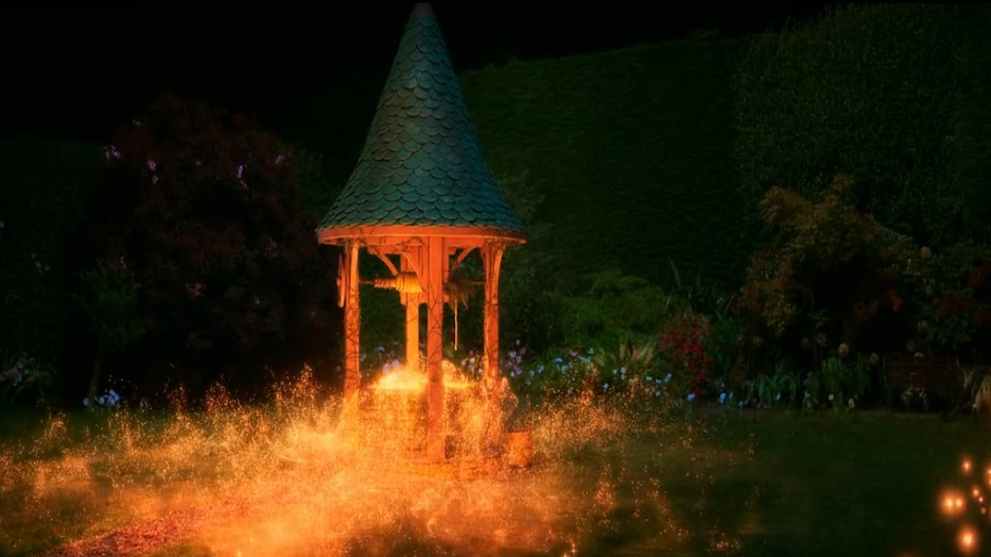
It was clear from the first Disenchanted trailer that not everything was fine in Giselle’s world, which is confirmed in the film. Giselle uses the wish-granting wand she receives from Edward and Nancy, whose disastrous consequences traps everyone in a false reality where everyone lives in a fantasy kingdom against their wishes.
WandaVision has a similar premise, in that the town of Westview is turned into a sitcom world by Scarlet Witch. Much like Disenchanted, WandaVision also shows the residents behaving in an extremely fake and cheery manner that hides the fact that they’re effectively being mind-controlled. In both stories, it’s the false reality that serves as the main backdrop.
The Main Character Is Trying To Overcome Depression
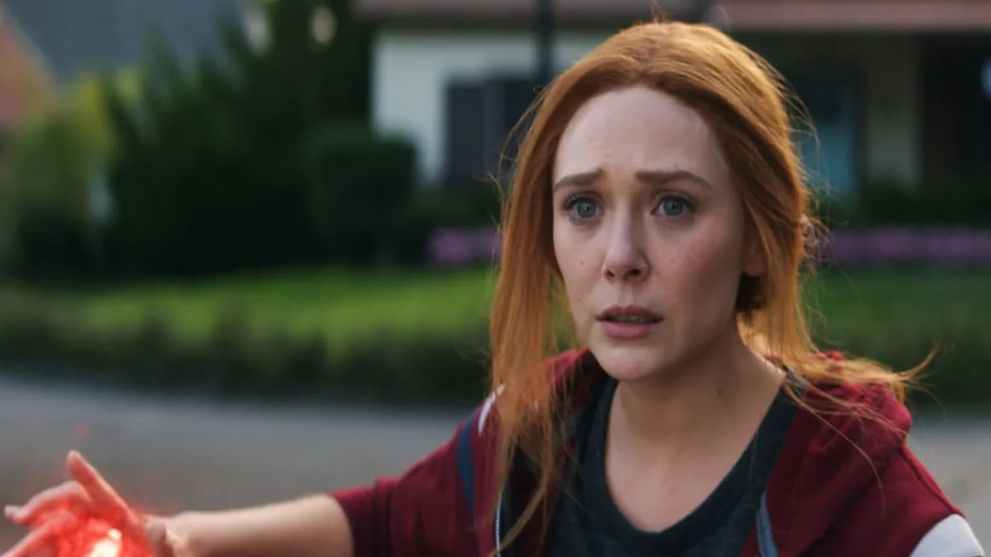
Disenchanted and WandaVision provide justification for the protagonist’s less-than-ethical actions by way of the inner sadness that plagues them. In Disenchanted, Giselle can’t cope with the reality that her stepdaughter doesn’t idolize her anymore and that her “Happily Ever After” needs real work rather than falling into place. This causes Giselle to use the spell as a cover to hide her feelings.
WandaVision shows that the hex on Westview comes from Scarlet Witch’s extreme grief at losing Vision – she decides to live in this fake world rather than confront her sadness. Scarlet Witch suppressing her depression creates even more hexes, causing the spell to become more dangerous. Both WandaVision and Disenchanted show the protagonists making things right only when they finally acknowledge their sorrow.
The Main Character’s Allies Try To Help But Also Fall Prey To The Spell

One of the ways for WandaVision to set up the rest of the Marvel Cinematic Universe is by introducing supporting characters that act as the protagonists’ allies. These include Jimmy Woo, Darcy Lewis, and Monica Rambeau – the latter two try to get Scarlet Witch back to her senses, only to be trapped and have their identities altered by the hex as well.
Disenchanted has Edward and Nancy attempt to help Andalasia when they realize that Giselle’s spell has gone awry. However, Edward and Nancy end up separated, with Nancy in the real world. Meanwhile, Edward and the rest of the people of Andalasia are in peril since making the spell permanent will destroy their world. The two stories use the danger that the protagonists’ allies are in as a way of making them see how harmful their spells have become, which puts them on the path to rectifying their mistakes.
Both Stories Are Set In The Suburbs
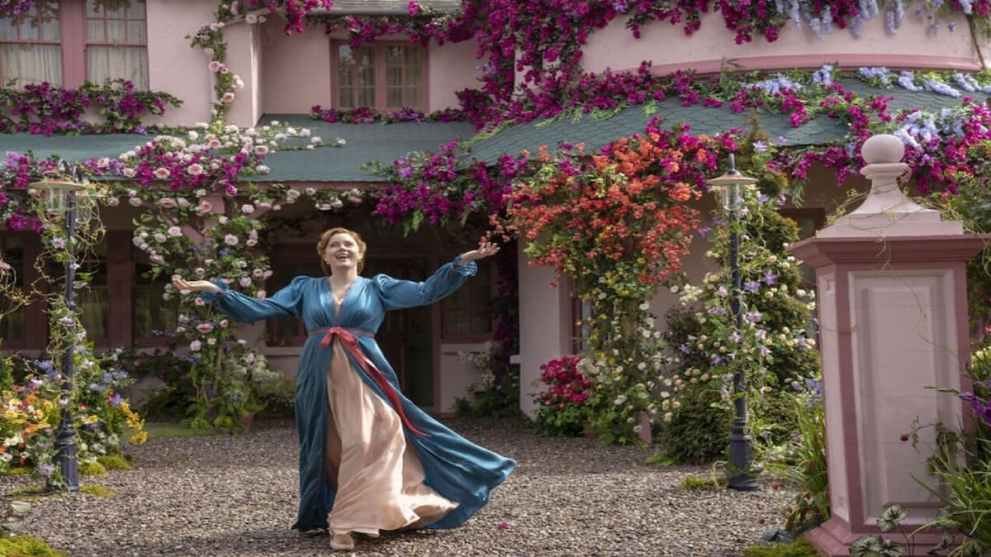
Disenchanted starts off with Giselle moving her family away from the city and into the suburbs. It’s this decision that causes all the problems, as her husband and stepdaughter are unhappy with the distance from their original lives.
WandaVision shows Westview as a small suburb that many aren’t aware of, which makes it the perfect place for Scarlet Witch’s spell since she can live in her false reality uninterrupted. Of course, the people trapped in her spell aren’t as enthused about this. Both Disenchanted and WandaVision use the backdrop of the suburbs to create a stifling atmosphere, as things are far too “perfect.” This is a way to demonstrate to viewers that the suburban bliss is all just part of the act that has deep-rooted issues bubbling within.
The Main Villain Capitalizes On The Spell For Her Own Advantage
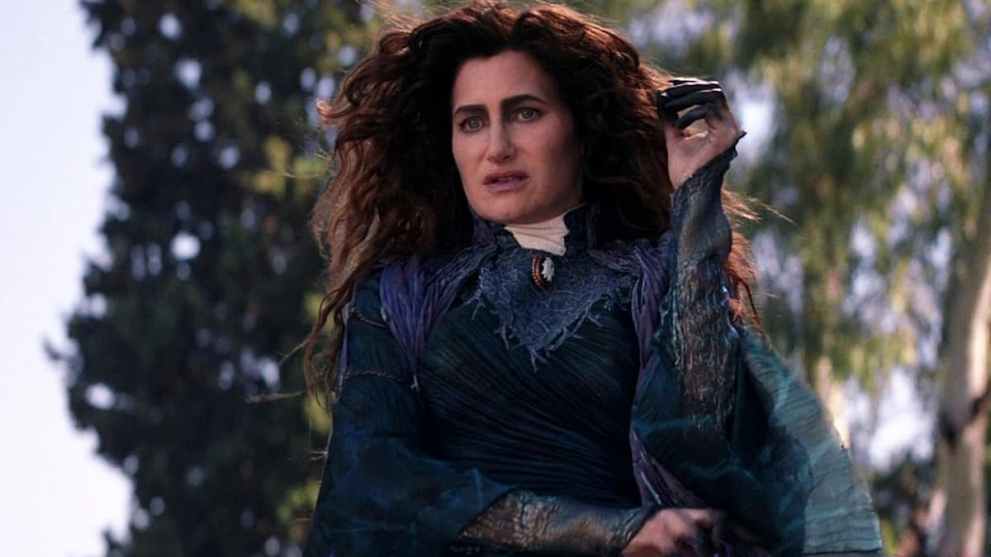
WandaVision set up the Agatha: Coven of Chaos spin-off by introducing Agatha Harkness, a powerful witch who just happens to be in Westview when Scarlet Witch casts her hex. Agatha decides to manipulate Scarlet Witch further in order to extract her powers for herself.
Disenchanted has the snooty town council head Malvina Monroe, who turns into an evil queen under Giselle’s spell. This version of Malvina decides to make the change permanent so that she can remain the ruler of the new reality. WandaVision and Disenchanted’s antagonists are essentially evil counterparts to the protagonists – the villains’ purpose is to make the main characters see how they will become if they continue down the dark path they’ve chosen.
The Main Character And Her Husband Have Parenting Struggles
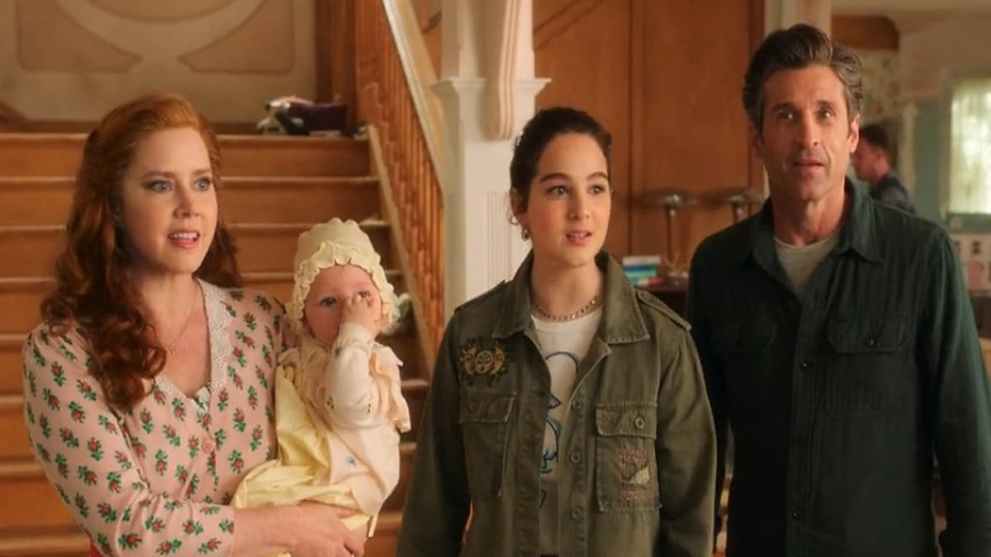
Disenchanted’s primary problem lies in Giselle’s helplessness over the fact that her stepdaughter doesn’t look up to her anymore. Moreover, her difficulties with raising her newborn tie into her feelings of inadequacy, pushing her into using the wish-granting wand.
WandaVision shows Scarlet Witch creating children out of her hex, which represents her need to be a mother. However, her inability to understand her sons’ powers and gradual growth are what alerts Vision to the fact that something is wrong, with Scarlet Witch also realizing that keeping up the charade will be difficult. Disenchanted and WandaVision both deal with the idea that the main characters would like an easy fix to their parenting problems before they ultimately realize that no amount of magic can truly help here.
The Main Character Is Also The Villain
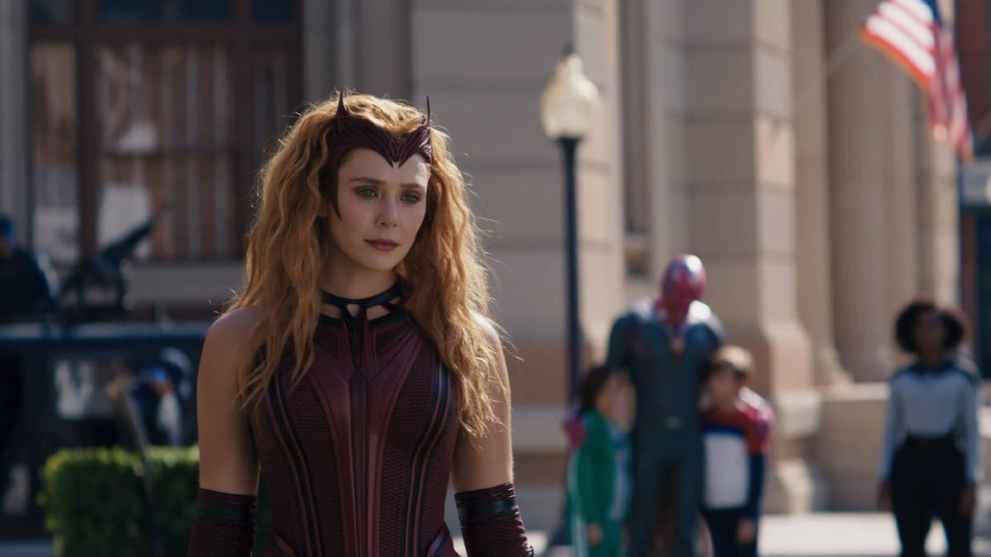
Disenchanted’s events wouldn’t have been possible if Giselle didn’t cast the spell around the town. She then begins to turn into a wicked stepmother after seeing her stepdaughter as a hurdle toward her “Happily Ever After,” although the core aspect of Disenchanted remains that Giselle caused the entire problem to begin with.
In the same vein, WandaVision has Scarlet Witch trap Westview under her thrall, not even admitting her actions when she’s confronted by the fact that she’s holding people against their will. Scarlet Witch essentially chooses the fabricated reality she’s made for her own happiness rather than acknowledge the town’s enslavement. Disenchanted and WandaVision do portray the main characters in a sympathetic light, but their arcs involve realizing that they’re the heroes of their own stories and have to give up the spell to finally do what’s right.

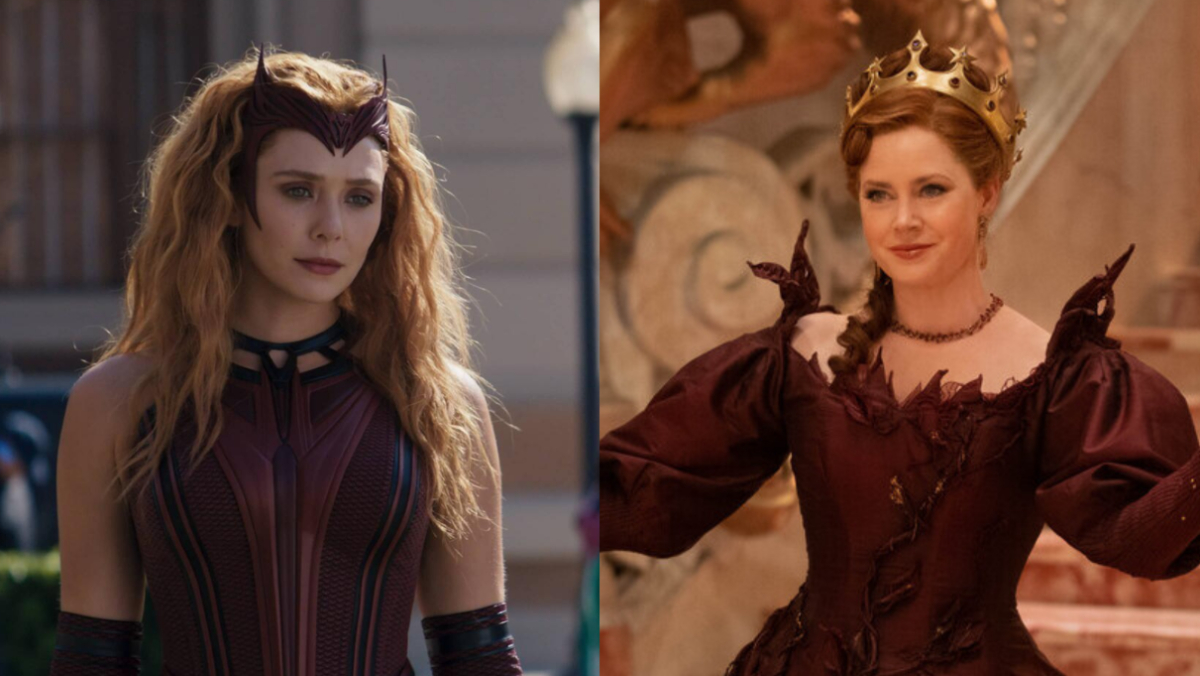
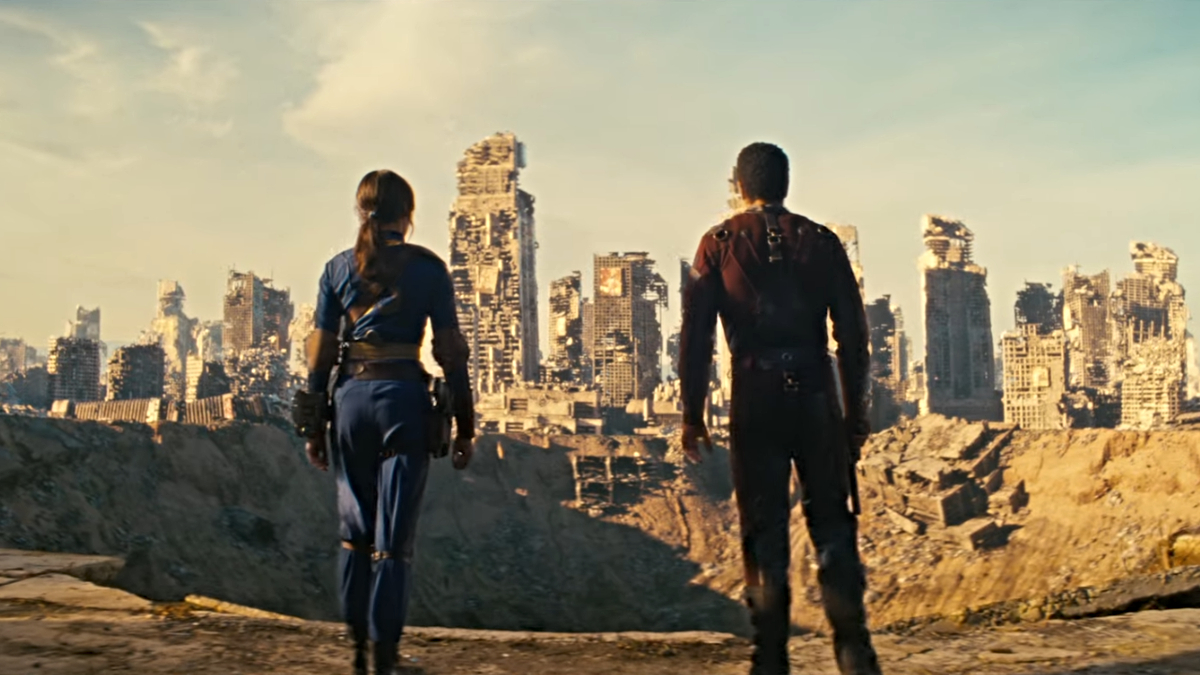
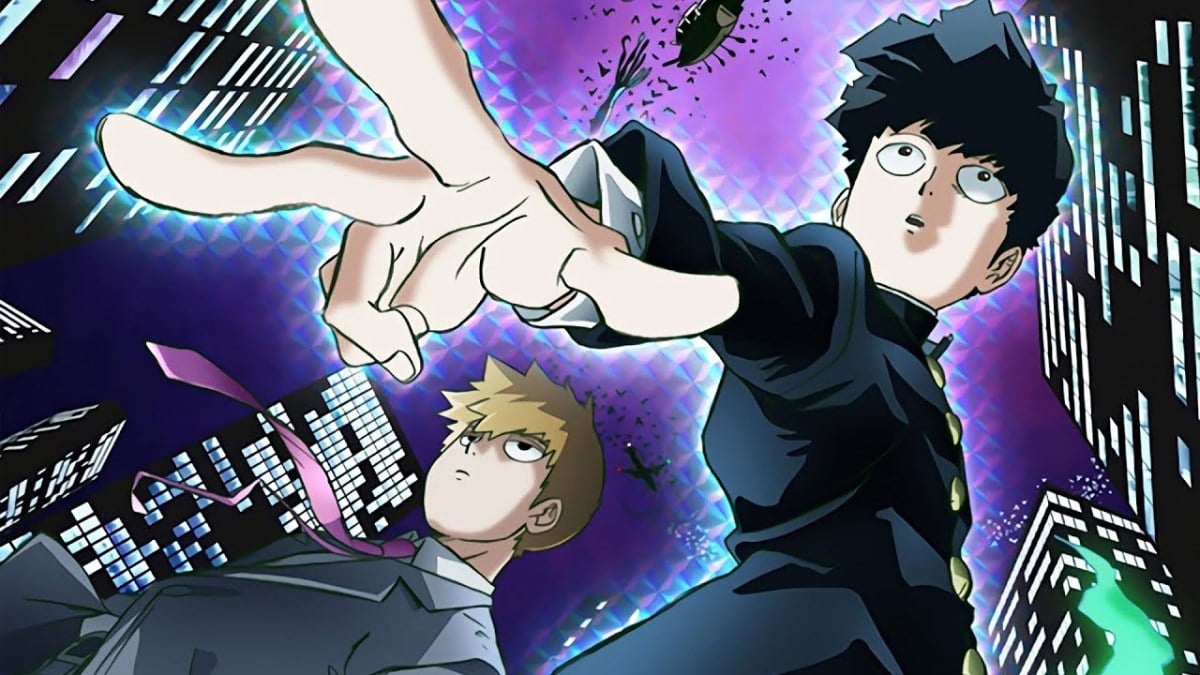
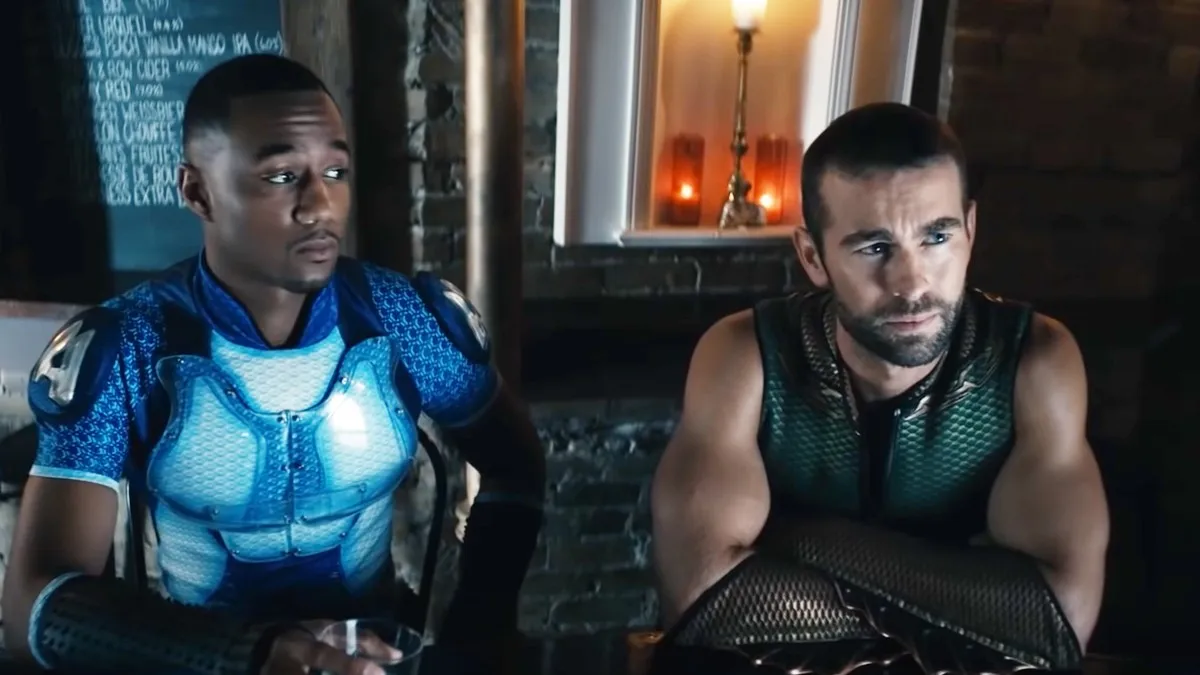
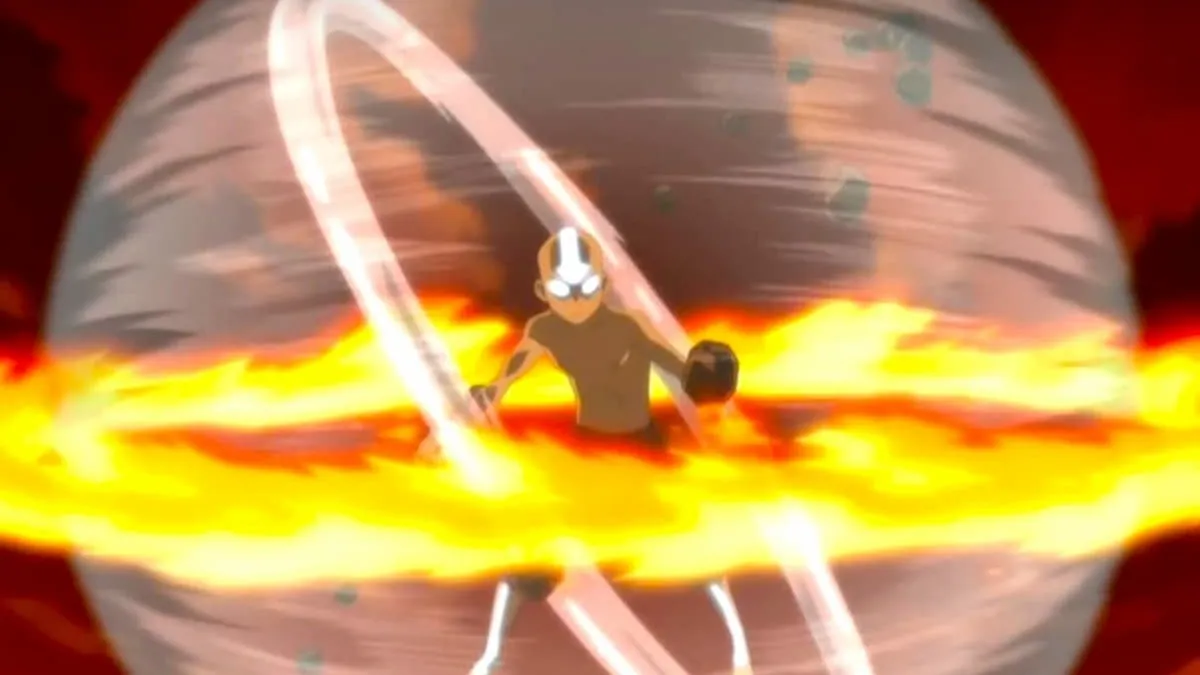
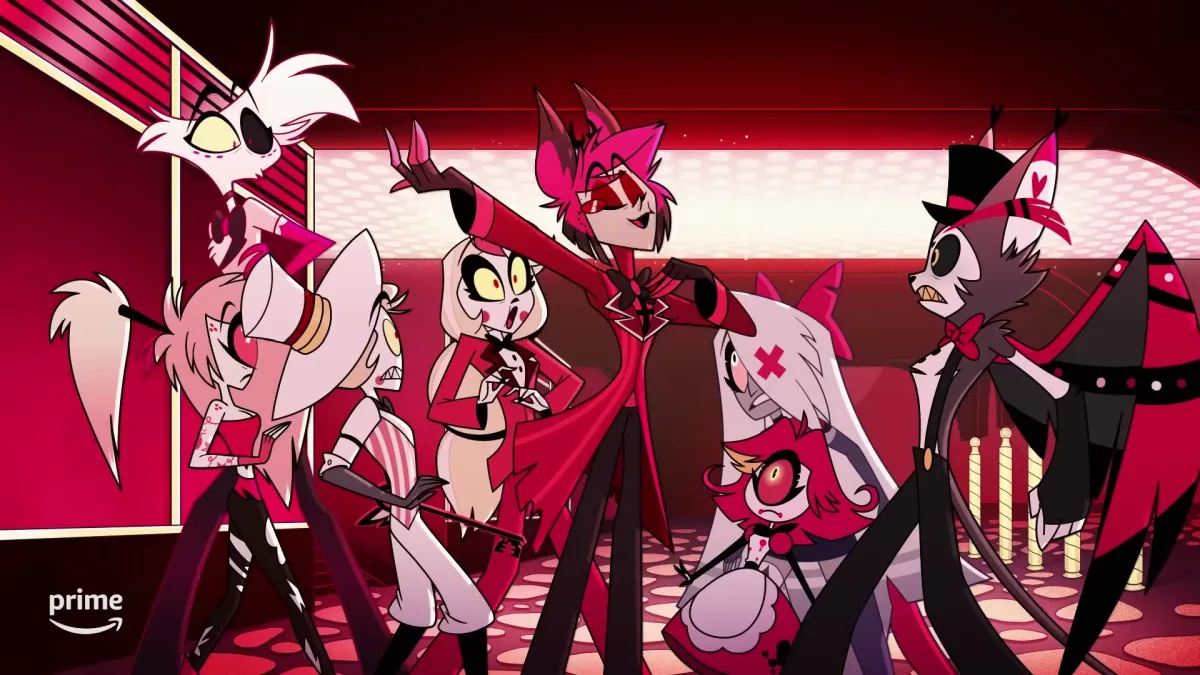
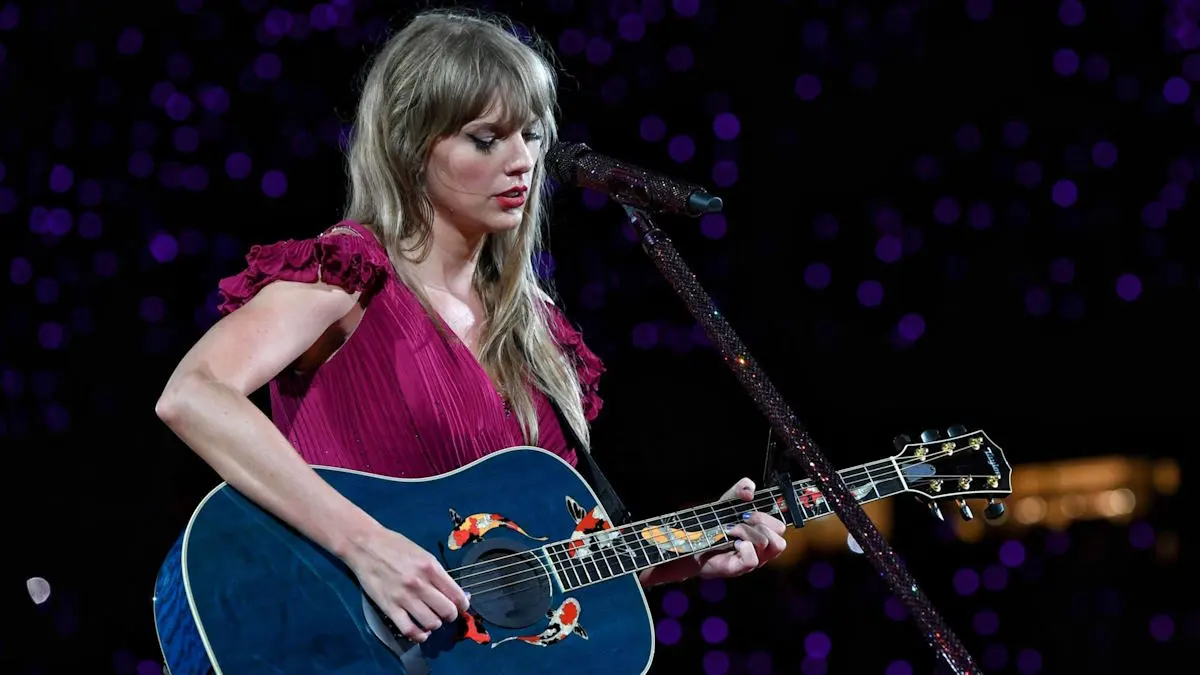
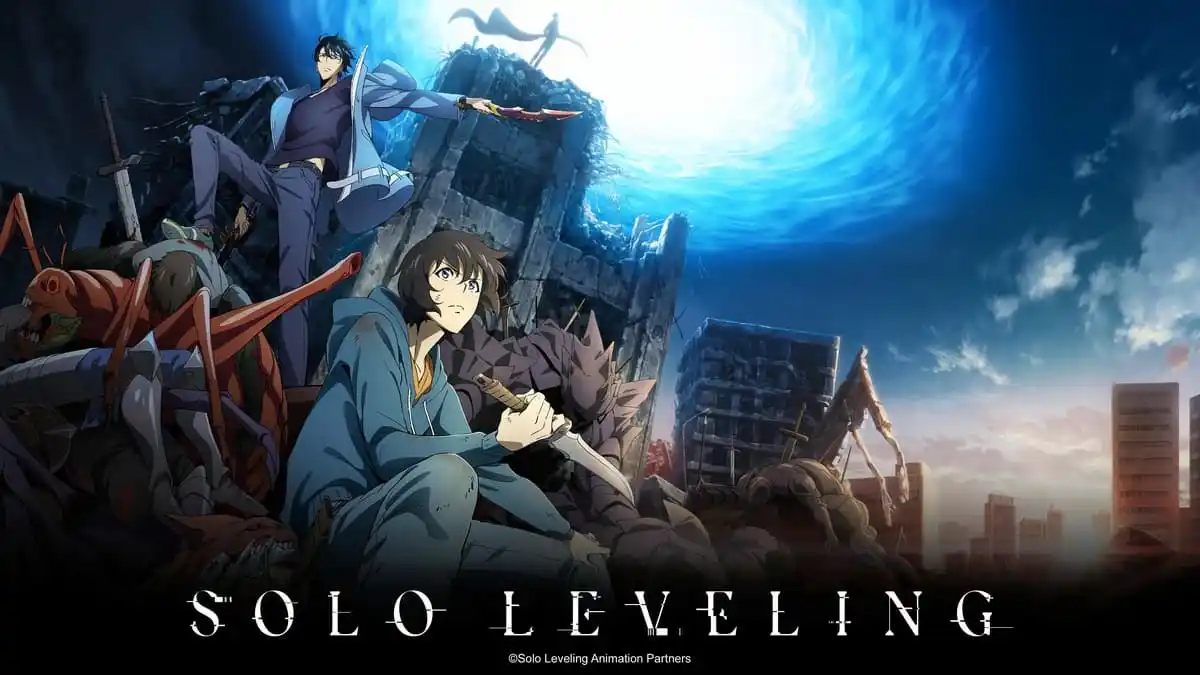
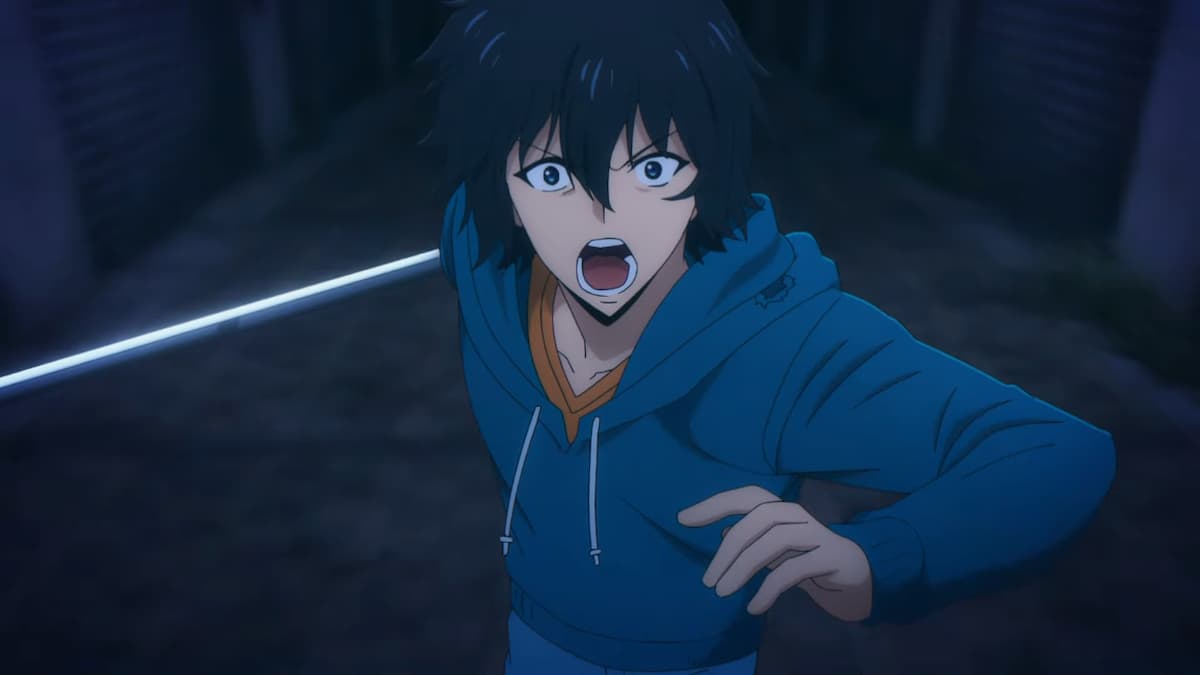

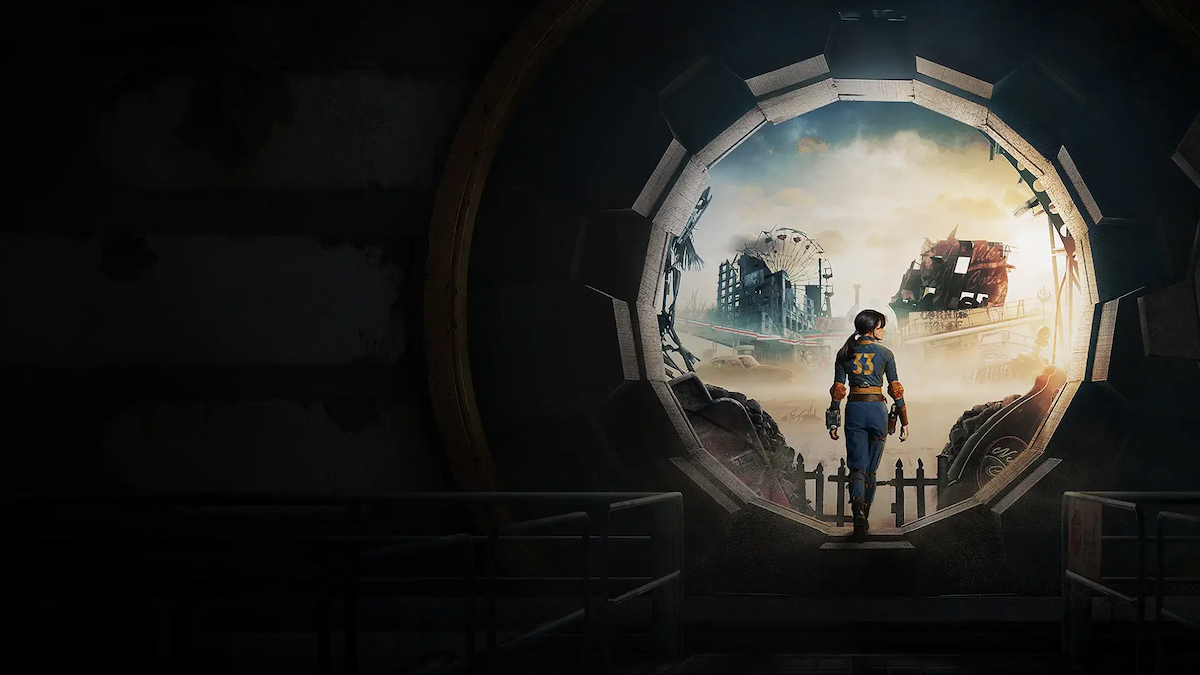
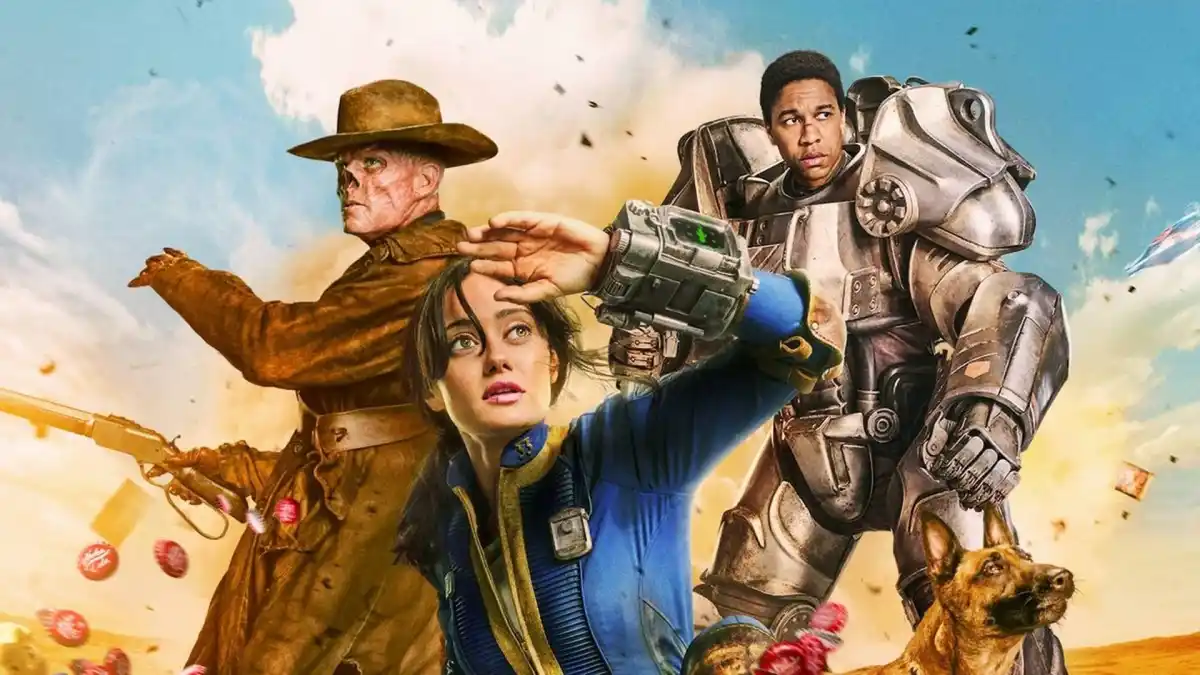
Updated: Nov 24, 2022 01:43 pm